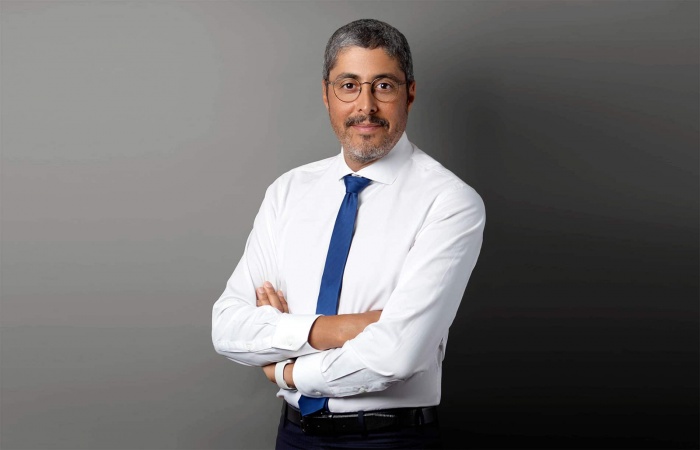
Breaking Travel News interview: Adel El Fakir, chief executive, Moroccan National Tourism Office
Morocco is reopening its borders to international travellers today as the north African destination begins to rebuild its tourism sector in the wake of the Covid-19 pandemic.
The shutters were initially pulled down late last year as the Omicron wave began to spread around the world.
Only travellers with special exemptions were allowed to enter, delivering a severe blow to the local industry.
Figures suggest arrivals fell by 71 per cent last year, when compared to pre-pandemic 2019, costing the tourism sector millions.
ADVERTISEMENT
Not surprisingly, then, the reopening has been welcomed by Adel El Fakir, chief executive of the Moroccan National Tourism Office.
Speaking to Breaking Travel News in London, he explains: “It is exciting to reopen, we have learned to deal with the Covid-19 situation during the pandemic.
“When we take decisions, they are dependent on the health situation in every country – and we are in a position to reopen today.
“This is good news for the international traveller, who we have been missing in Morocco.
“We have had a lot of feedback, from partners from around the world, that they have missed access to our country.
“The tourism sector, within Morocco, is also very excited to welcome back travellers, especially from the UK market, which is a strategic one for us.”
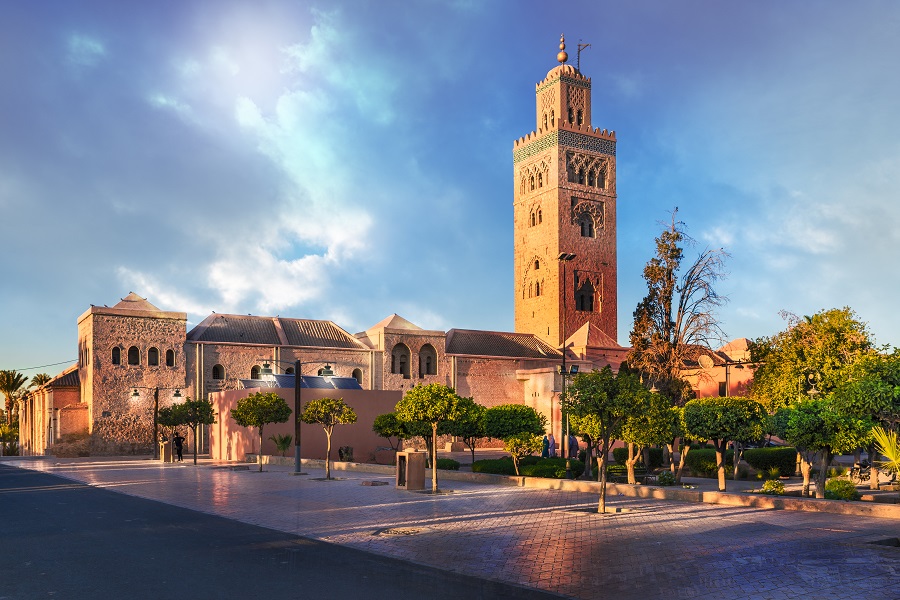
El Fakir is in London as part of efforts to boost air connectively between Morocco and London, with the north African destination viewing the UK as a vital market.
He explains: “The UK is the fourth most important market for Morocco, in terms of arrivals, rising to second place in terms of bed nights in the country.
“In 2019, the UK was recording the highest growth rates in Europe for us.
“British travellers enjoy the whole country, Marrakesh obviously, but also Agadir, Fez, Tangier in the north and elsewhere.
“The size of the market outbound from the UK means they are able to access the whole of Morocco.”
He adds: “We are working with Royal Air Maroc – which has already put back in place a number of frequencies.
“Of course, we are also talking to easyJet, Ryanair and TUI, as well as Air Arabia.
“There are currently six operators between the UK and Morocco, and we are talking to all of them about rebuilding flights this year.
“There is a lot of excitement in these discussions, these companies see demand in their figures – customers are asking to fly to Morocco.
“We were welcoming around 600,000 guests a year from the UK before the pandemic – and we are looking to rebuild toward that.
“There is still room for growth; there is new product which we are waiting to showcase to the market, and we are looking to reach one million arrivals per year over the next five years.”
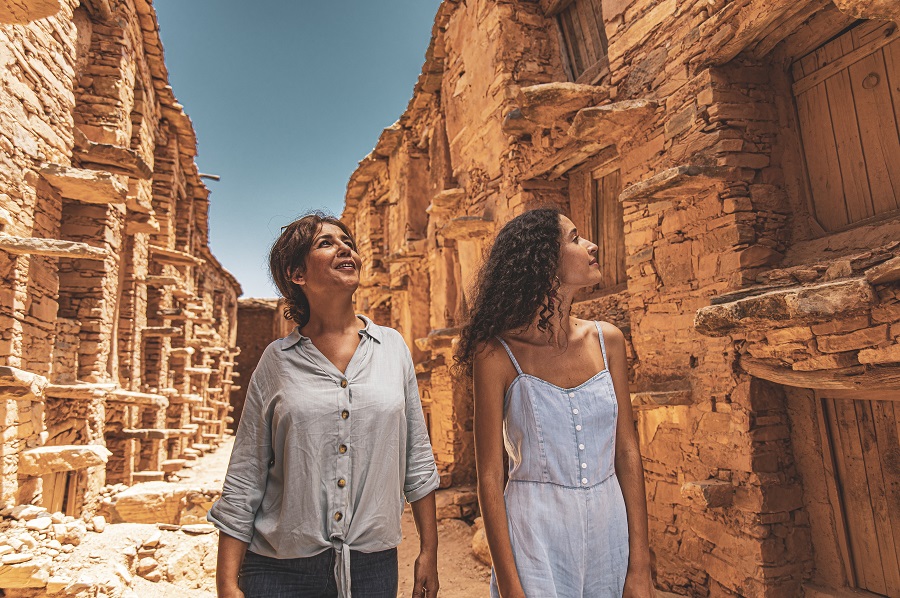
While the borders of Morocco are now reopen, regulations do remain in place to keep guests, and locals, safe from the virus.
Before departure, travellers need to present a vaccine pass, as well as negative PCR test taken within the previous 48-hours.
There will also be some random tests during arrival – “if a guest tests positive on arrival, they will be required to isolate, at their own expense, until they test negative and are allowed to fly back home,” explains El Fakir.
Once you are in Morocco, there are no restrictions on travelling around, but everybody will be required to wear a mask in public buildings, including restaurants, hotels and theatres.
A vaccine pass will also need to be shown to enter buildings – but Morocco is in a position to accept the NHS Vaccine Pass for UK visitors.
“There is no curfew, there is nothing like that,” explains El Fakir.
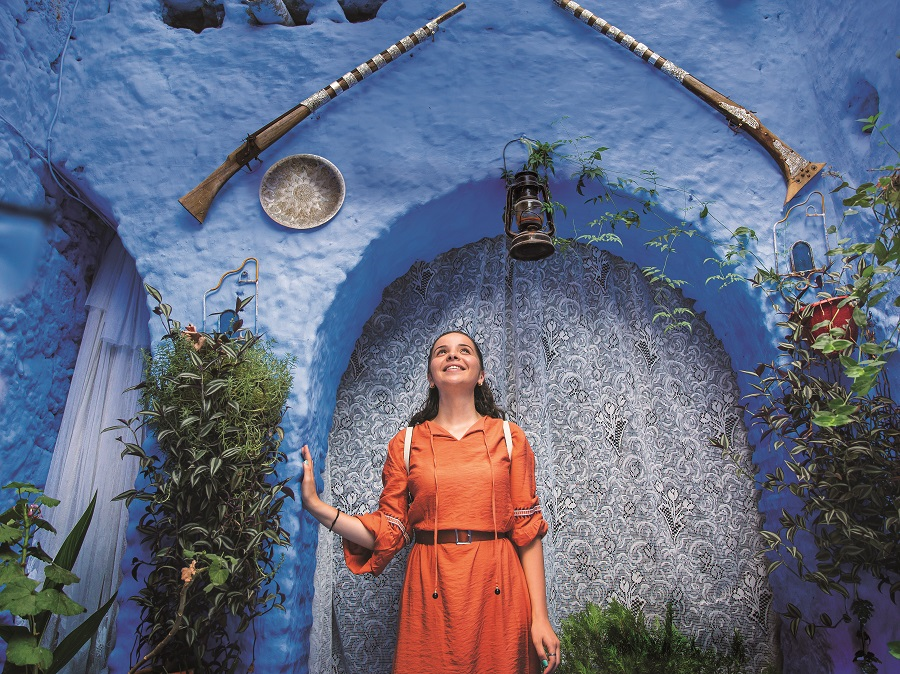
There is no doubt the Moroccan tourism sector has been hard hit by the virus – and it will take time to recover.
The government has launched a programme of partnerships with international tour operators, with an advertising campaign also on the horizon.
El Fakir, though, is quick to point out, the market did not close over the past few months, with domestic travel picking up some of the slack.
He continues: “When we closed the borders, it was hard to accept, but everybody is aware that health is a priority.
“It was difficult for the sector, but there has been a lot of resilience, with hotels and the leisure sector staying open to meet domestic demand.
“Domestic tourism is the leading source market in Morocco.
“The government also put in place a plan to support wages, also spending £180 million last week to support the development of infrastructure ahead of the reopening.
“Thus, today, we are not reopening the business, we are not restarting, we have continued.
“This is critical, as Morocco offers a unique experience, based on the quality of service – it was important that ecosystems continued, and the workforce was maintained.”
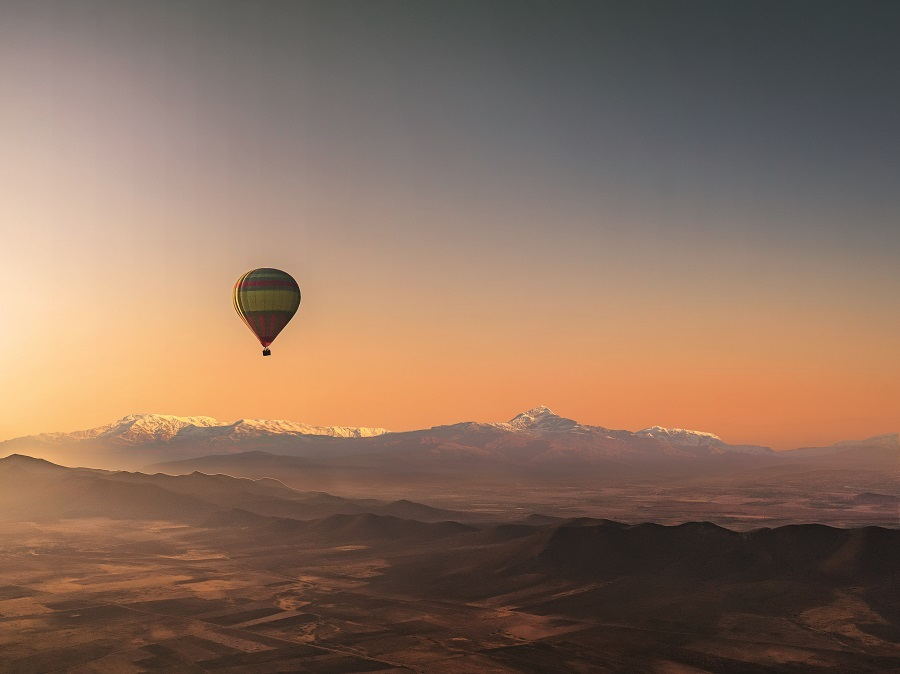
With so much uncertainty around, the speed of the recovery is difficult to predict.
“It is difficult to project numbers,” says El Fakir, “but the priority for us is to maximise the airlift into the country to support the reopening – around 80 per cent of our guests arrive by air.
“We wish to build a robust recovery; this is a solid brand, and we are working to return it to the heart of consumers.
“Figures are pure guess work at this stage – but we are seeking to boost our market share, rebuild quickly, and numbers will follow when we have more clarity.”
El Fakir remains optimistic the recovery will come, allowing Morocco to grow the tourism sector in the coming years.
“Morocco is now one of the safest places to visit in terms of health security.
“We have always been safe, and that is why the decision to close the borders was harsh for us.
“Morocco has around 3,000 cases of Covid-19 a day, while 76 per cent of the population has been double vaccinated, one of the highest numbers in Africa.
“The tourism industry was vaccinated last year, 100 per cent, very early.
“It is a place where people can enjoy their stay, the destination, while also being reassured that it is a safe place to be.”
More Information
Find out more about visit Morocco on the official tourism website.

